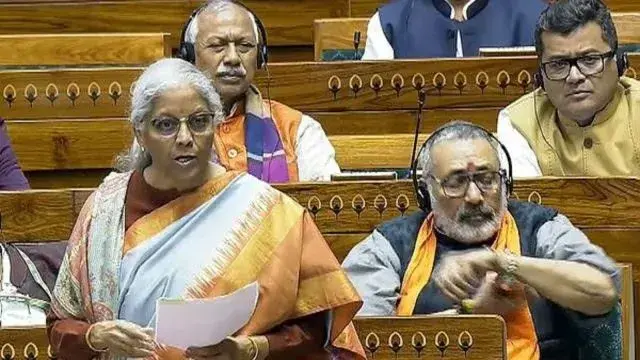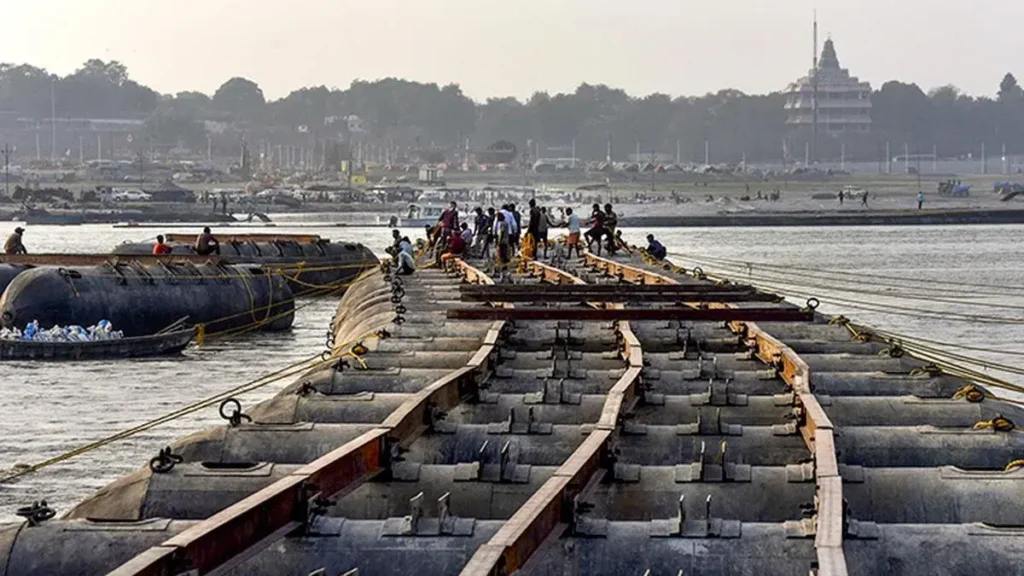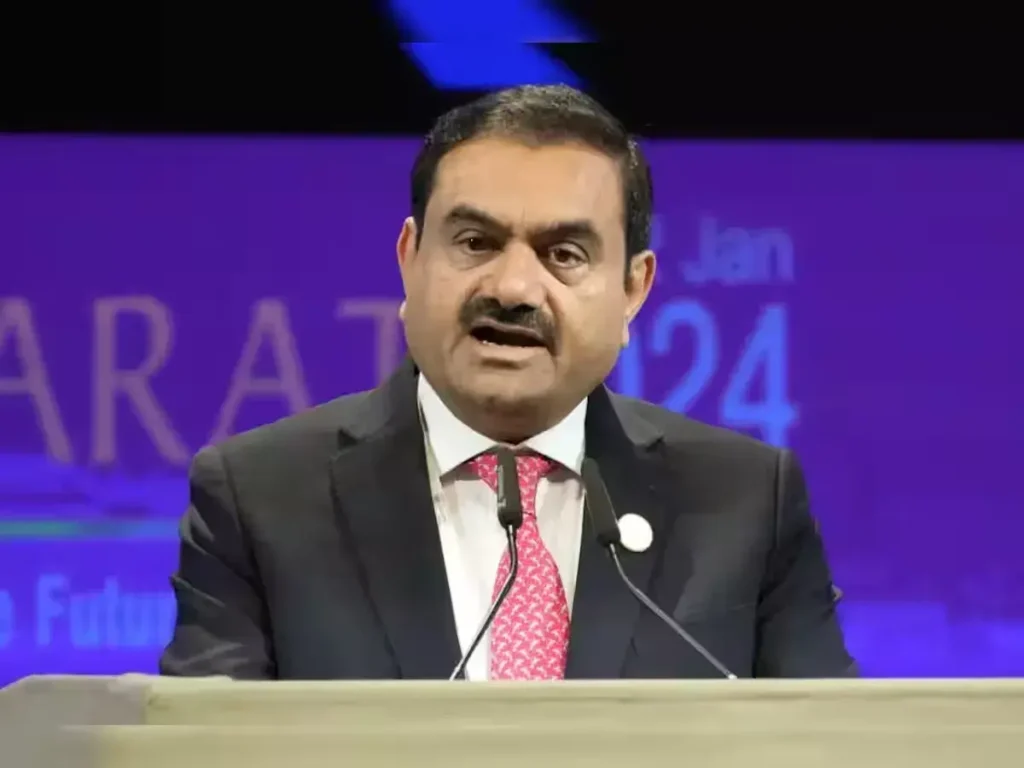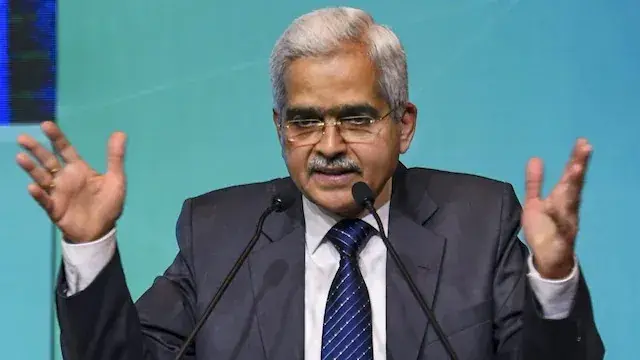Cabinet Approves ₹8,232 Crore for 85 New Kendriya Vidyalayas and 28 Navodaya Vidyalayas
The Indian government has approved a budget of ₹8,232 crore to establish 85 new Kendriya Vidyalayas (KVs) and 28 Navodaya Vidyalayas (NVs), a decision taken during the Cabinet Committee on Economic Affairs meeting chaired by Prime Minister Narendra Modi. The move is set to provide access to quality education for over 98,240 students across the country. Union Minister Ashwini Vaishnaw announced that this expansion marks a significant milestone in extending the reach of KVs and NVs, which are among the most sought-after schools in India due to their innovative teaching methods and excellent academic track records. The decision includes the creation of 5,388 direct permanent employment opportunities through new KVs, with each school employing approximately 63 staff members. An additional 33 posts will be created through the expansion of an existing KV in Shivamogga, Karnataka. Similarly, the 28 new NVs will provide direct employment to 1,316 individuals while accommodating 15,680 students, primarily from rural areas. Construction and related activities for the schools are also expected to generate numerous employment opportunities for skilled and unskilled workers, further boosting economic growth. Jammu and Kashmir will see the highest number of new KVs (13), followed by Madhya Pradesh with 11 and Rajasthan and Arunachal Pradesh with eight each. Among NVs, Telangana leads with seven new schools, followed by six in Assam. The initiative aligns with the National Education Policy (NEP) 2020, as nearly all new KVs and NVs will be designated as PM SHRI schools, serving as model institutions showcasing NEP implementation. Kendriya Vidyalayas cater primarily to children of Central Government employees, including defense and paramilitary personnel, while NVs focus on providing quality education to talented rural students. This expansion underscores the government’s commitment to making quality education accessible across urban and rural India. Source: Indian Expr Photo Credit: Indian Expressess
Cabinet Approves ₹8,232 Crore for 85 New Kendriya Vidyalayas and 28 Navodaya Vidyalayas Read More »










